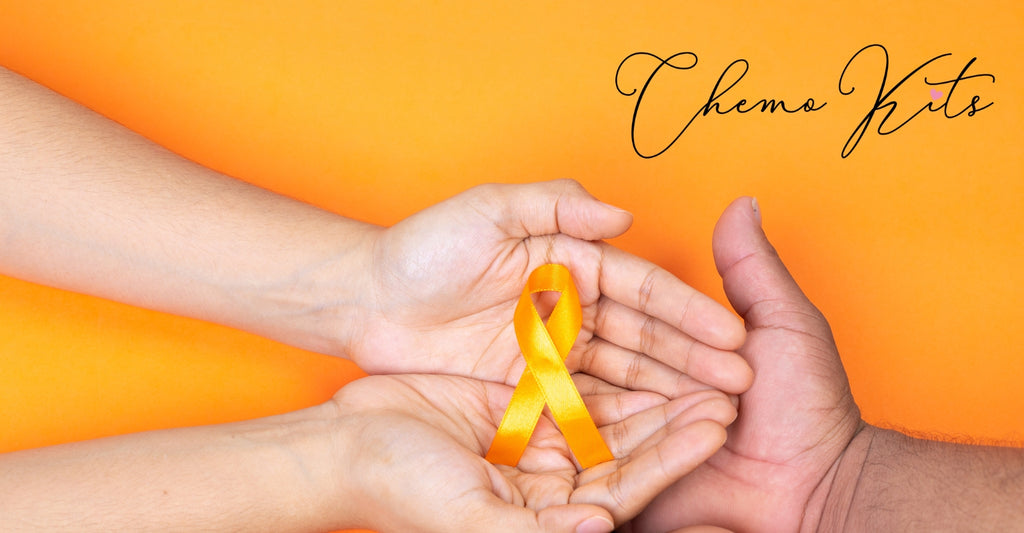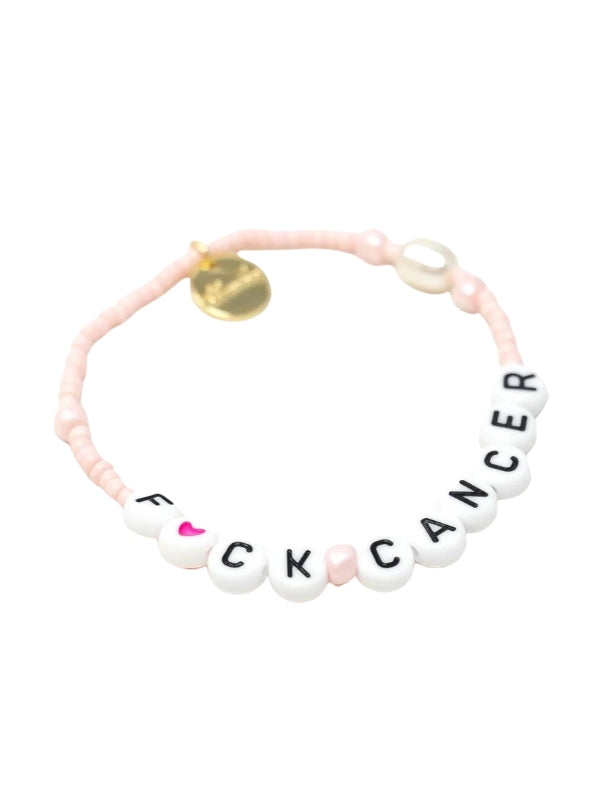
Ways to Participate in Kidney Cancer Awareness Month: Increasing Awareness and Support

Ways to Participate in Kidney Cancer Awareness Month: Increasing Awareness and Support
Kidney Cancer Awareness Month is an opportunity to increase public knowledge and support for those affected by the disease. Discover ways to participate and make a difference in the fight against kidney cancer.
What is Kidney Cancer Awareness Month?
Kidney Cancer Awareness Month is observed every March to raise awareness about kidney cancer, its symptoms, and the importance of early detection. The event is organized by the Kidney Cancer Association, an organization that aims to support patients and families affected by kidney cancer and advocate for research to develop better treatment options.
Understanding Kidney Cancer
Kidney cancer is a type of cancer that starts in the kidneys, the organs responsible for filtering waste products from the blood and producing urine. It can develop in different parts of the kidney and can spread to other organs if not treated early. The most common type of kidney cancer is renal cell carcinoma, which accounts for about 90% of all cases.
Spread Awareness on Social Media
Social media is a powerful tool that can be used to raise awareness about kidney cancer. You can participate in the conversation by sharing posts and using relevant hashtags like #KidneyCancerAwarenessMonth or #KCAM. You can also share your own story or that of a loved one to encourage others to learn more about the disease.
Wear Orange on March 9th
Orange is the official color of kidney cancer awareness. On March 9th, also known as World Kidney Day, people around the world wear orange to show their support for those affected by kidney cancer. Wearing orange is a simple but effective way to raise awareness about the disease.
Participate in Fundraising Events
Many organizations host fundraising events during Kidney Cancer Awareness Month to support research and advocacy efforts. You can participate in these events by donating money, volunteering your time, or organizing your own fundraising campaign. Every contribution, no matter how small, can make a difference in the fight against kidney cancer.
Share Educational Materials
The Kidney Cancer Association offers a variety of educational materials that can be shared with friends, family, and coworkers to help spread awareness about kidney cancer. You can request free materials like brochures, flyers, and posters from their website and distribute them in your community.
Host a Fundraising Event
Hosting a fundraising event is a great way to support kidney cancer research and advocacy efforts while also bringing your community together. You can organize events like a charity walk, a bake sale, or a benefit concert and donate the proceeds to organizations like the Kidney Cancer Association.
Volunteer Your Time
Volunteering your time is another way to make a difference in the fight against kidney cancer. You can volunteer with organizations like the Kidney Cancer Association, which offers a variety of volunteer opportunities like event planning, fundraising, and advocacy.
Participate in Clinical Trials
Clinical trials are research studies that test new treatments for kidney cancer. By participating in a clinical trial, you can help advance research and potentially access new treatments that may be more effective than existing options.
Support Patients and Families
Kidney cancer can have a significant impact on the lives of patients and their families. You can offer support by volunteering with organizations that provide resources and support services for those affected by kidney cancer. You can also offer emotional support to those you know who have been impacted by the disease.
Providing Comfort and Support: The Benefits of Chemo Kit's Cancer Care Packages and Accessories
Chemo-kits.com is a fantastic resource for those looking to support loved ones going through cancer treatment. The website offers a variety of cancer care packages designed specifically for women, men, and children, with the option to customize your own chemo kit to send to a loved one.
These care packages are designed to provide comfort and support during a difficult time to help pass the time during treatment. The website also offers the option to donate a chemo kit to someone going through treatment, making it easy to support those in need.
In addition to cancer care packages, chemo-kits.com also offers a range of apparel, including sweatshirts and crop tops, as well as accessories like bracelets, necklaces, and tote bags. These items are designed to help raise awareness and show support for those affected by cancer.
Overall, chemo-kits.com is a wonderful resource for anyone looking to support loved ones going through cancer treatment. Whether you're looking to create a custom chemo kit or donate a care package to someone in need, the website makes it easy to show your support and provide comfort during a difficult time.
Advocate for Kidney Cancer Research Funding
Advocating for increased funding for kidney cancer research is a crucial step in finding better treatments and ultimately, a cure for the disease. You can write letters to your elected officials or participate in advocacy campaigns organized by organizations like the Kidney Cancer Association.
Educate Yourself and Others
Educating yourself and others about kidney cancer is key to increasing awareness and support for those affected by the disease. You can attend educational events or read materials from reputable sources to learn more about kidney cancer and how you can make a difference.
FAQs Ways to Participate in Kidney Cancer Awareness Month:
- What are the risk factors for kidney cancer?
Answer: Some of the risk factors for kidney cancer include smoking, obesity, high blood pressure, and a family history of the disease.
- How is kidney cancer diagnosed?
Answer: Kidney cancer can be diagnosed through imaging tests like CT scans and MRIs, as well as through a biopsy.
- What are the treatment options for kidney cancer?
Answer: Treatment options for kidney cancer depend on the stage of the disease but may include surgery, radiation therapy, chemotherapy, and targeted therapy.
- Can kidney cancer be prevented?
Answer: While there is no guaranteed way to prevent kidney cancer, there are some steps you can take to reduce your risk, such as quitting smoking and maintaining a healthy weight.
- Is kidney cancer hereditary?
Answer: In some cases, kidney cancer can be hereditary. If you have a family history of the disease, you may be at an increased risk and should talk to your doctor about screening options.
- What are the symptoms of kidney cancer?
Answer: Some of the symptoms of kidney cancer include blood in the urine, abdominal pain, and a lump in the abdomen.
- How common is kidney cancer?
Answer: Kidney cancer is relatively rare, accounting for about 2% of all cancers in adults.
- What is the prognosis for kidney cancer?
Answer: The prognosis for kidney cancer depends on factors like the stage of the disease and the patient's overall health. With early detection and treatment, the prognosis can be good.
- How can I get involved in kidney cancer advocacy?
Answer: You can get involved in kidney cancer advocacy by volunteering with organizations like the Kidney Cancer Association and advocating for increased funding for kidney cancer research.
- How can I support a loved one with kidney cancer?
Answer: You can support a loved one with kidney cancer by offering emotional support, helping them navigate the healthcare system, and participating in fundraising and advocacy efforts.
Conclusion:
Kidney Cancer Awareness Month is an important opportunity to increase public knowledge and support for those affected by kidney cancer. There are many ways to get involved, from wearing orange to hosting fundraising events to advocating for increased funding for research. By working together, we can make a difference in the fight against kidney cancer and ultimately, improve outcomes for patients and families.

















